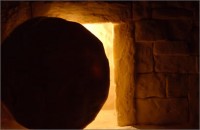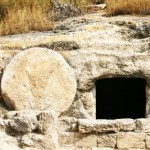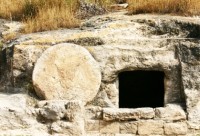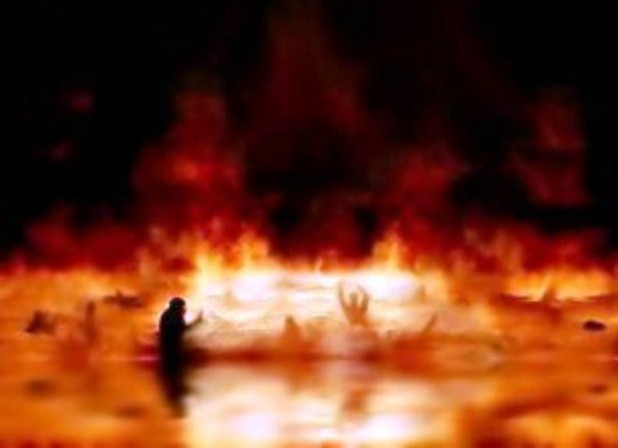Pastors and church leaders tend to devote most of their time on working with and ministering among people who are already in church. The movers and shakers, the givers and tithers, the leaders and volunteers. While this should certainly be part of the pastor’s ministry functions, it shouldn’t be all. The pastor should also focus on outreach to the sick and the sinner, showing them the love, grace, mercy, and forgiveness of God.
This, of course, will mean that the pastor is less accessible to the church member, and the pastor will get criticism for this. In such situations, the pastor must remember that these are the complaints of generally healthy people who have a cold. They are complaining over a runny nose. Meanwhile, there are people out there with cancer and broken limbs who desperately need help.
Who do you want to spend most of your time and energy with? The ten people who already have eternal life and who know the basics of the faith so they can read the Bible and learn to follow Jesus on their own, or the ten people who are standing with one foot in hell, are wrapped in the chains of the devil, and are pleading and praying to God, if He is out there, to send help in their time of need?






 I used to be bored with the resurrection of Jesus. You know … it was one of those “Familiarity breeds contempt” doctrines.
I used to be bored with the resurrection of Jesus. You know … it was one of those “Familiarity breeds contempt” doctrines.
 Many people believe that the resurrection of Jesus proves that Jesus was God. There is one main problem with this view and it is this: the resurrection of Jesus does not prove He was God.
Many people believe that the resurrection of Jesus proves that Jesus was God. There is one main problem with this view and it is this: the resurrection of Jesus does not prove He was God. 
 The main problem in proving the resurrection of Jesus happened is in how to prove an historical event.
The main problem in proving the resurrection of Jesus happened is in how to prove an historical event. I believe it is because we have forgotten a vital element in the truth of the resurrection, and it is this: There can be no resurrection without death. Death always precedes resurrection. If you want to see resurrection, you must hang out with the dead, and if you want to experience resurrection in your own life, you must die.
I believe it is because we have forgotten a vital element in the truth of the resurrection, and it is this: There can be no resurrection without death. Death always precedes resurrection. If you want to see resurrection, you must hang out with the dead, and if you want to experience resurrection in your own life, you must die.
 The way many of us view the death of Jesus on the cross is like some poorly scripted “Good Cop, Bad Cop” scene from a crime thriller movie, except now it is “Good God, Bad God.”
The way many of us view the death of Jesus on the cross is like some poorly scripted “Good Cop, Bad Cop” scene from a crime thriller movie, except now it is “Good God, Bad God.” 
 When you think of the word “substitute” what do you think of? Substitute sugar? Substitute teacher? Around this time of year, you might think of Jesus as our substitute on the cross. But what does this mean?
When you think of the word “substitute” what do you think of? Substitute sugar? Substitute teacher? Around this time of year, you might think of Jesus as our substitute on the cross. But what does this mean? It is not, as many of us like to say, “Because of sin, someone must suffer, either Jesus or us.” No, for even if we suffered, it would accomplished nothing. Once sin entered the world through Adam, there was only way to defeat it, and that was for God to take it upon Himself, which He did in Jesus Christ. Again, this was not because He is mad or angry at us, and transferred this anger upon Jesus, but rather, He did this because of His great love for us, and because He desired to see us freed from sin and death.
It is not, as many of us like to say, “Because of sin, someone must suffer, either Jesus or us.” No, for even if we suffered, it would accomplished nothing. Once sin entered the world through Adam, there was only way to defeat it, and that was for God to take it upon Himself, which He did in Jesus Christ. Again, this was not because He is mad or angry at us, and transferred this anger upon Jesus, but rather, He did this because of His great love for us, and because He desired to see us freed from sin and death.
 What happened to Jesus our High Priest after He died, but before He rose from the dead? Where did He go for three days? What did He do? Was He just sitting in heaven (
What happened to Jesus our High Priest after He died, but before He rose from the dead? Where did He go for three days? What did He do? Was He just sitting in heaven (

